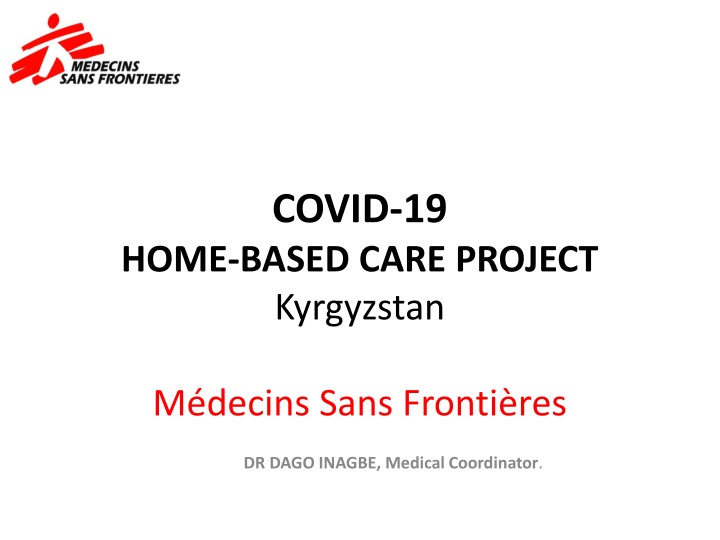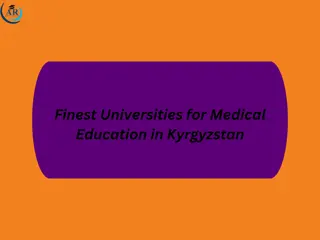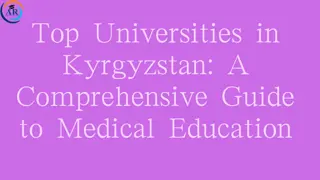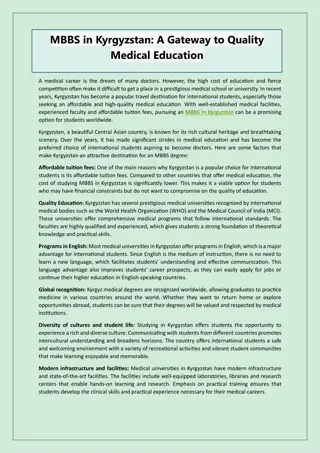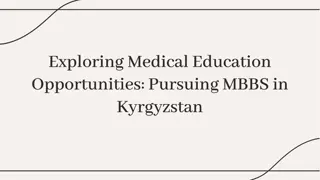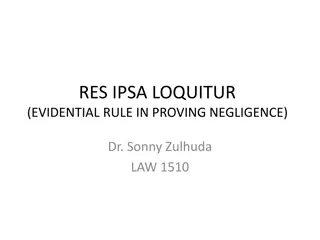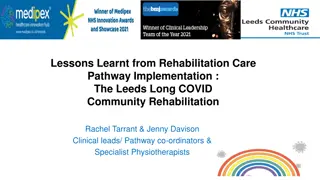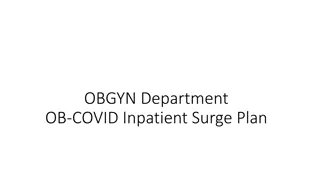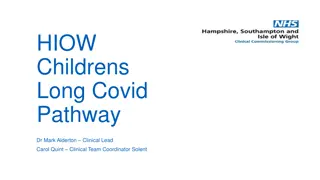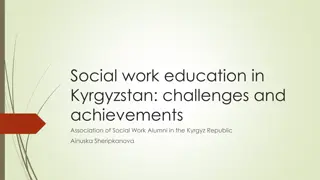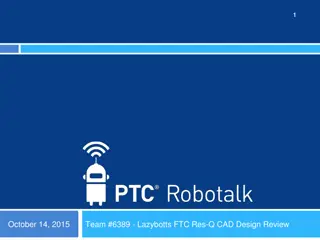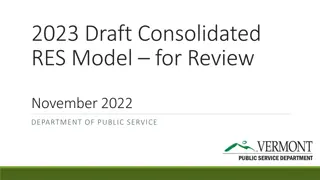COVID-19 Home-Based Care Project in Kyrgyzstan by Médecins Sans Frontières
In March 2020, the first COVID-19 cases were reported in Kyrgyzstan. Médecins Sans Frontières started a home-based care project in September 2020 to address challenges such as high community transmission, overwhelmed primary healthcare, and lack of supplies. The intervention strategy aims to reduce hospital burden by strengthening primary healthcare, developing patient-centered care models, and engaging the community. Key interventions include case detection, direct case management, IPC measures, health promotion, mental health support, and supply provision.
Download Presentation

Please find below an Image/Link to download the presentation.
The content on the website is provided AS IS for your information and personal use only. It may not be sold, licensed, or shared on other websites without obtaining consent from the author.If you encounter any issues during the download, it is possible that the publisher has removed the file from their server.
You are allowed to download the files provided on this website for personal or commercial use, subject to the condition that they are used lawfully. All files are the property of their respective owners.
The content on the website is provided AS IS for your information and personal use only. It may not be sold, licensed, or shared on other websites without obtaining consent from the author.
E N D
Presentation Transcript
COVID-19 HOME-BASED CARE PROJECT Kyrgyzstan M decins Sans Fronti res DR DAGO INAGBE, Medical Coordinator.
INTRODUCTION March 18, 2020: the first 3 cases of COVID-19 in the Kyrgyz Republic The Government develop a National Contingency plan on COVID-19 MSF support started in April 2020 in Kadamjay (Batken), strengthening MOH mobile brigades for surveillance: testing an contact tracing By July 2020, COVID-19 cases reported across the country (Bishkek and Chui most affected areas) MSF COVID-19 Home-based care project HBC started in September 2020
COVID-19 EVOLUTION Source: https://covid19.who.int/region/euro/country/kg
SITUATION ANALYSIS High level community transmission Gap in response strategy at primary healthcare: Primary health care overwhelmed Day Care Centres were initiated through community (local leadership initiative) Lack of awareness and high level of anxiety in the community Challenges with case detection and contact tracing Lack of supplies and critical medicines (including PPE)
INTERVENTION STRATEGY Reducing burden at hospital level by reinforcing primary healthcare capacity Developing a population and patient-centred model of care Partnering with MoH General Objective Reduction of COVID-19 related morbidity and mortality, complications and referrals to secondary healthcare facilities by implementing home-based care for COVID-19 in Chui region Result 1: Guidelines and standard operating procedures for home-based care are developed with the MoH Result 2: Quality home-based care is implemented Result 3: Community are engaged informed, supported and linked to care
KEY INTERVENTIONS Strengthening case detection/testing for COVID-19, in close collaboration with MoH Supporting direct case management for mild/moderate cases MSF medical teams, with multidisciplinary expert team to support Outreach and teleconsultations Triage-Referral of severe cases IPC and Health Promotion Interventions COVID-19 awareness and prevention messages Strengthening IPC in health facilities and in patient household Hygiene kits distribution for household members Integration of mental health and psychosocial support Direct support and teleconsultation Support with provision of medical supply/commodities: Free drugs respecting MoH validated protocol Technical Working group and validation of Covid-19 Home Based Care Guideline
CLINICAL CRITERIA Admission criteria : mild and moderate cases Monitoring frequency criteria Referral criteria : Severe cases Discharge criteria
PROJECT RESULTS Source : Covid-19 Home Based care Project capitalisation Report.
CHALLENGES Testing: PCR test under MoH. Ressources: phone call cost, HR. Referral System. Mental health psycho-social support: no MoH staff available
LESSONS LEARNED Comunity Engagement to the Model : The only concern that we had from the proposed model was on how the community will accept this new approach (will they be ready to be consulted by phone)? We didn t have anything before other than the ambulance call service (number 103), but our people are quite conservative and may want a doctor to come and see them MoH key informant from Chui oblast. Partnership with MoH in Outbreack : It was good coordination, we managed to find a common ground with all staff. We divided tasks and responsibilities among ourselves and it worked very well, it was easy to work with you said a senior MoH staff from Chui oblast. Capacity Building for MoH at PHC level. In an event MoH need to respond to COVID-19 again with similar context and scope, they have the opportunity of a model in view of the practice and the guideline developed said a senior MoH staff from Chui oblast. Source : Covid-19 Home Based care Project capitalisation Report.
